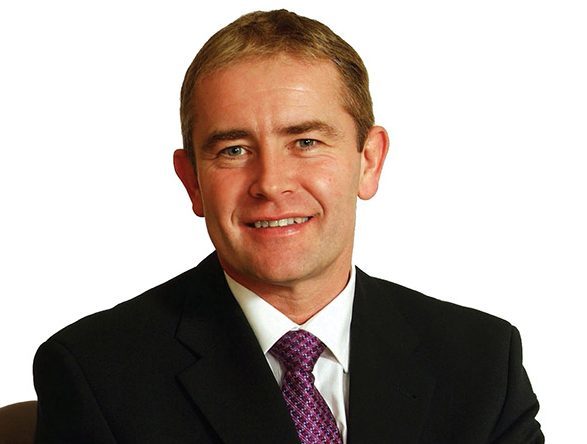
Bosses at Aberdeen-based Parkmead Group have been “spending a lot of time” talking to oil majors about potential acquisitions.
Executive chairman Tom Cross said yesterday that Parkmead was looking to expand its portfolio “all the time” and hailed the company’s last financial year as its busiest ever.
The London-listed firm ceased oil production from its Athena field in the Outer Moray Firth in January when it became clear crude prices would remain low.
Since then, Parkmead’s revenues have come from its onshore gas fields in the Netherlands, which have a low average operating cost of $14 per barrel.
Mr Cross said: “If you’ve got the choice, it makes sense not to produce oil when the price is on the slide. Some companies have to produce oil even at a loss if they are sitting on debt because banks want to see cash flow, but we are debt free.”
Mr Cross said the Athena shut-in would continue while Parkmead looks at ways of incorporating the field into its Perth area cluster, one of the largest undeveloped oil projects in the North Sea.
He said Parkmead was “right in the middle of engineering talks” to bring the various fields that make up the area together.
Suspending oil production and ramping up gas output helped Parkmead narrow its pre-tax losses to £6.4million in 12 months to June 30 from £30.8million the previous year.
But the oil price rout did dent Parkmead’s revenues, which slipped to £10.4million from £18.6million.
Cash balances sat at £28.3million at June 30.
Parkmead has announced two North Sea deals since then.
In September, Parkmead said it had increased its share of the Perth and Dolphin fields to 60.05% from 52.03%.
A month earlier, it raised its stakes in the Polecat and Marten fields from 50% to 100%.
The spending spree is unlikely to stop there. Mr Cross said Parkmead’s main stomping ground would continue to be the UK and Netherlands, describing them as the “most productive areas” with “lots to get after”.
He said Parkmead was an “ideal counter-party” for major oil companies which currently have divestment programmes, like Shell and BP.
“We are known to governments and have a strong track record of success in managing large assets,” he said.
“We are talking to several major companies about their divestment programmes.”
Parkmead’s shares were up 4.1% to 57p as of mid-afternoon yesterday.
Analysts at Cantor Fitzgerald said: “Parkmead’s financials are broadly in line with our forecasts, with the company being cash flow positive on an operating basis since January 2016.
“Operationally, it has been another year of strong progress in terms of the company building out its European footprint. Six acquisitions, at both an asset and corporate level, have been completed, and the company continues to evaluate further acquisition opportunities to take advantage of the current low oil price environment.”
Recommended for you

